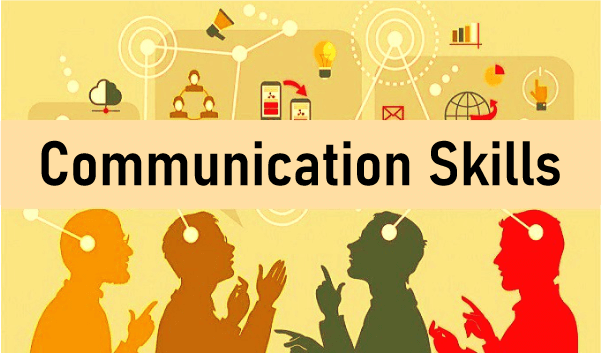Title: The Art of Effective Communication: Strategies for Building Stronger Relationships and Enhancing Interpersonal Skills
Effective communication is the cornerstone of successful relationships, both personally and professionally. It involves more than just speaking or listening – it requires empathy, understanding, and active engagement to truly connect with others. In this blog post, we’ll explore the art of effective communication and share practical strategies for building stronger relationships and enhancing interpersonal skills.
The Importance of Effective Communication
Communication is the foundation of all human interactions. Whether we’re expressing our thoughts and feelings, sharing information, or resolving conflicts, effective communication is essential for building trust, fostering understanding, and maintaining healthy relationships. When communication breaks down, misunderstandings arise, conflicts escalate, and relationships suffer. By mastering the art of effective communication, we can create deeper connections, navigate challenges, and achieve greater success in all areas of life.
Strategies for Effective Communication
- Active Listening: Effective communication begins with listening. Practice active listening by giving your full attention to the speaker, maintaining eye contact, and avoiding interruptions. Show empathy and understanding by paraphrasing and summarizing the speaker’s message to ensure comprehension and demonstrate that you value their perspective.
- Clear and Concise Communication: Be clear, concise, and direct when conveying your message. Avoid vague language or jargon that may confuse or mislead others. Use simple, straightforward language and structure your message logically to ensure clarity and comprehension.
- Empathy and Understanding: Put yourself in the shoes of the other person and strive to understand their thoughts, feelings, and perspectives. Show empathy and compassion by acknowledging their emotions and validating their experiences. Avoid judgment or criticism and focus on building rapport and trust through open and honest communication.
- Nonverbal Communication: Pay attention to nonverbal cues such as body language, facial expressions, and tone of voice, as these can convey powerful messages and emotions. Be mindful of your own nonverbal cues and ensure they align with your verbal message to avoid mixed signals or misinterpretations.
- Assertive Communication: Practice assertive communication by expressing your thoughts, feelings, and needs in a clear, respectful, and confident manner. Use “I” statements to assert your perspective without blaming or attacking others. Set boundaries and assert your rights while also respecting the rights and boundaries of others.
- Conflict Resolution: Conflict is inevitable in any relationship, but effective communication can help resolve conflicts and strengthen relationships. Approach conflict with an open mind and a willingness to listen and understand the other person’s perspective. Focus on finding common ground, exploring solutions collaboratively, and seeking mutually beneficial outcomes.
- Feedback and Validation: Provide constructive feedback and validation to support and encourage others in their communication efforts. Offer specific, actionable feedback that highlights strengths and areas for improvement while also validating their efforts and contributions. Be open to receiving feedback yourself and use it as an opportunity for growth and development.
Putting It into Practice
Effective communication is a skill that can be developed and refined over time with practice and dedication. Start by reflecting on your own communication style and identifying areas for improvement. Set specific goals for enhancing your communication skills and commit to implementing these strategies in your interactions with others. Be patient and persistent, and don’t be afraid to seek feedback and support from others as you work towards becoming a more effective communicator.
Conclusion
In conclusion, the art of effective communication is essential for building stronger relationships, enhancing interpersonal skills, and achieving success in all areas of life. By mastering the strategies outlined in this blog post – from active listening and clear communication to empathy and conflict resolution – you can become a more confident, competent, and connected communicator. So embrace the art of effective communication and watch as your relationships flourish and your opportunities for growth and success multiply.


Leave A Comment